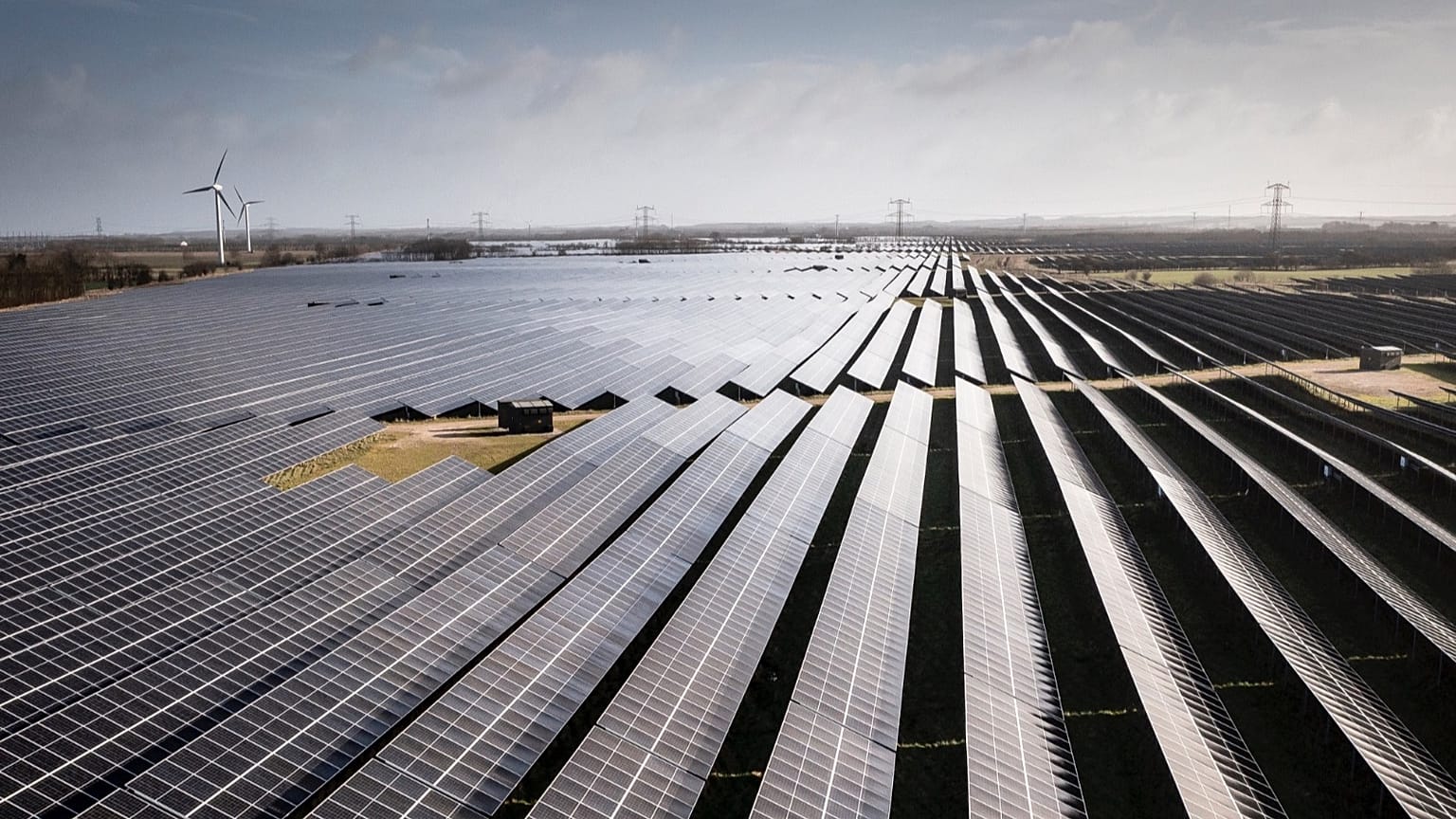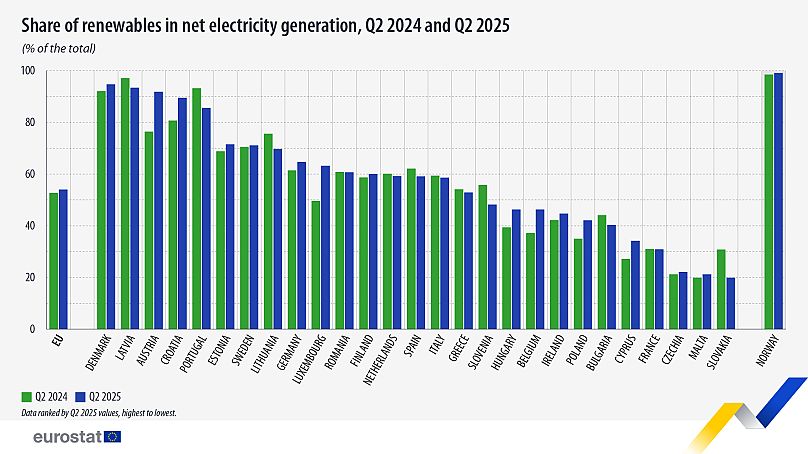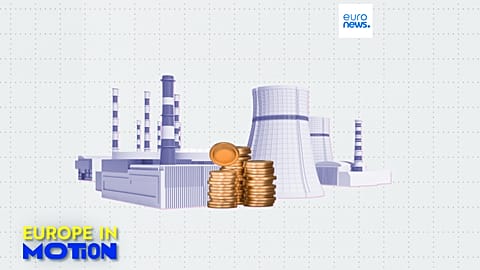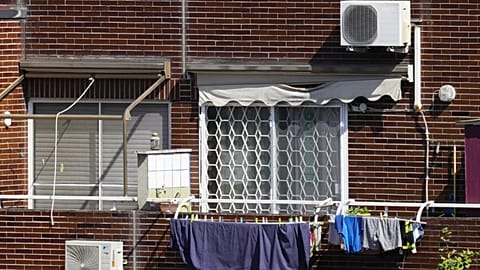For the first month in history, solar energy was the main source of electricity generated in the EU.
In a huge victory for green energy, more than half of net electricity generated in the European Union came from renewable sources in the second quarter of 2025.
 ADVERTISEMENT
ADVERTISEMENT
 ADVERTISEMENT
ADVERTISEMENT
Data from Eurostat shows that renewable energy sources hit an impressive 54 per cent between April and June, marking a 1.3 per cent increase compared to the same period last year.
The spike has been attributed to a boom in solar energy, which created 122,317 gigawatt-hours (GWh) in Q2.
In theory, this is enough to power around three million homes, and was described as “heartening” by Rob Stait of Alight, one of Europe’s leading solar developers.
Why solar power is becoming so popular.
“Solar’s boom is because it can generate huge energy cost savings and it's easy and quick to install and scale”, he tells Euronews Green.
“A solar farm can be developed in a year - compared to at least five years for wind and at least ten for nuclear. But most importantly, it provides clean, renewable power and its increased adoption drastically reduces the reliance of Europe on oil and gas”.
According to Eurostat, June 2025 was actually the first month in history where solar was the main source of electricity generated in the EU, accounting for 22 per cent of the energy mix.
This was closely followed by nuclear (21.6 per cent), wind (15.8 per cent), hydro (14.1 per cent) and natural gas (13.8 per cent).
With Russia’s invasion of Ukraine continuing to leave the energy market volatile - especially for fossil fuel-dependent countries - Stait argues energy resilience and renewables infrastructure have now become a “strategic necessity”.
Which European countries had the highest share of renewables?
Denmark led the way in Q2 with the highest share of renewables in net electricity generated (94.7 per cent) - outranking Latvia (93.4 per cent), Austria (91.8 per cent), Croatia (89.5 per cent) and Portugal (85.6 per cent).
While Luxembourg ranked 10th, it recorded the largest year-on-year increase thanks to a boom in solar energy (+ 13.5 per cent). Similarly, Belgium witnessed a 9.1 per cent increase in renewable energy generation compared to 2024.
Dragging behind with the lowest shares of renewables are Slovakia (19.9 per cent), Malta (21.2 per cent) and Czechia (22.1 per cent).
Will renewable energy help lower electricity bills?
Stait says the “accelerated buildout” of renewables will ultimately lower bills for both businesses and other users - but slower buildouts mean sky-high prices may linger.
“My advice to European nations would be to keep going further and faster”, he adds.
“There needs to be political action to solve grid congestion, and to create opportunities for innovation and manufacturing in Europe will be critical to keep momentum”.


















